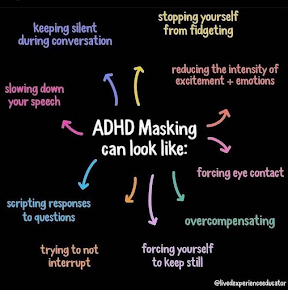For the final Neuro Note, I watched a YouTube video titled "Holly's story: My experience with MG treatments" which centers around the story of Holly, who was diagnosed with Myasthenia Gravis (MG) in 2015. In this video, Holly describes how for years she struggled with symptoms like fatigue, double vision (diplopia), and speech issues which were all but written off by her primary care physician (PCP). Holly, a wife and mother, had frequently been sick throughout the years with several cases of mono and it seemed as if her health kept progressively declining. After her diplopia became so severe it was interfering with her typical activities of daily living, she went back to her PCP desperate for answers when she was told he believed she had Myasthenia Gravis. This part of Holly's story infuriated me; in the video, she explains how the doctor told her about this life-altering diagnosis, and when she asked what this disease was he wrote it on a piece of paper and told her to google it. From there, she was referred to a neurologist and it was later confirmed that she did in fact have Myasthenia Gravis.
Holly's story stuck out to me because of how hard she had to fight to have her health concerns adequately addressed. Even when she was informed that she likely had MG, her doctor could not even be bothered to properly explain what all this disease entails for her life moving forward. This part of her journey not only angered me but gave me an understanding as to why we have always been taught that OTs always should make a point to sit down with our clients to ensure that they understand their diagnosis and know exactly what it will mean for them as they progress through the different stages of life. This video was a great way for me to understand more about Myasthenia Gravis and see from a first-hand testimony how it impacts people with different roles and routines. I definitely recommend this video to my peers because of Holly's story of perseverance! I love how throughout all of the adversity she faced, she has used these experiences to become an advocate for all other people who are living with an undiagnosed illness. Holly's philosophy is that it is okay to admit that something is wrong even when doctors may try to brush you off and that it does not make you less of a person for being able to admit you need help. I think all of us can learn from that.
YouTube. (2017, July 13). Holly’s story: My experience with MG treatments. YouTube. https://www.youtube.com/watch?v=B8mF1sL5ZMM


Comments
Post a Comment